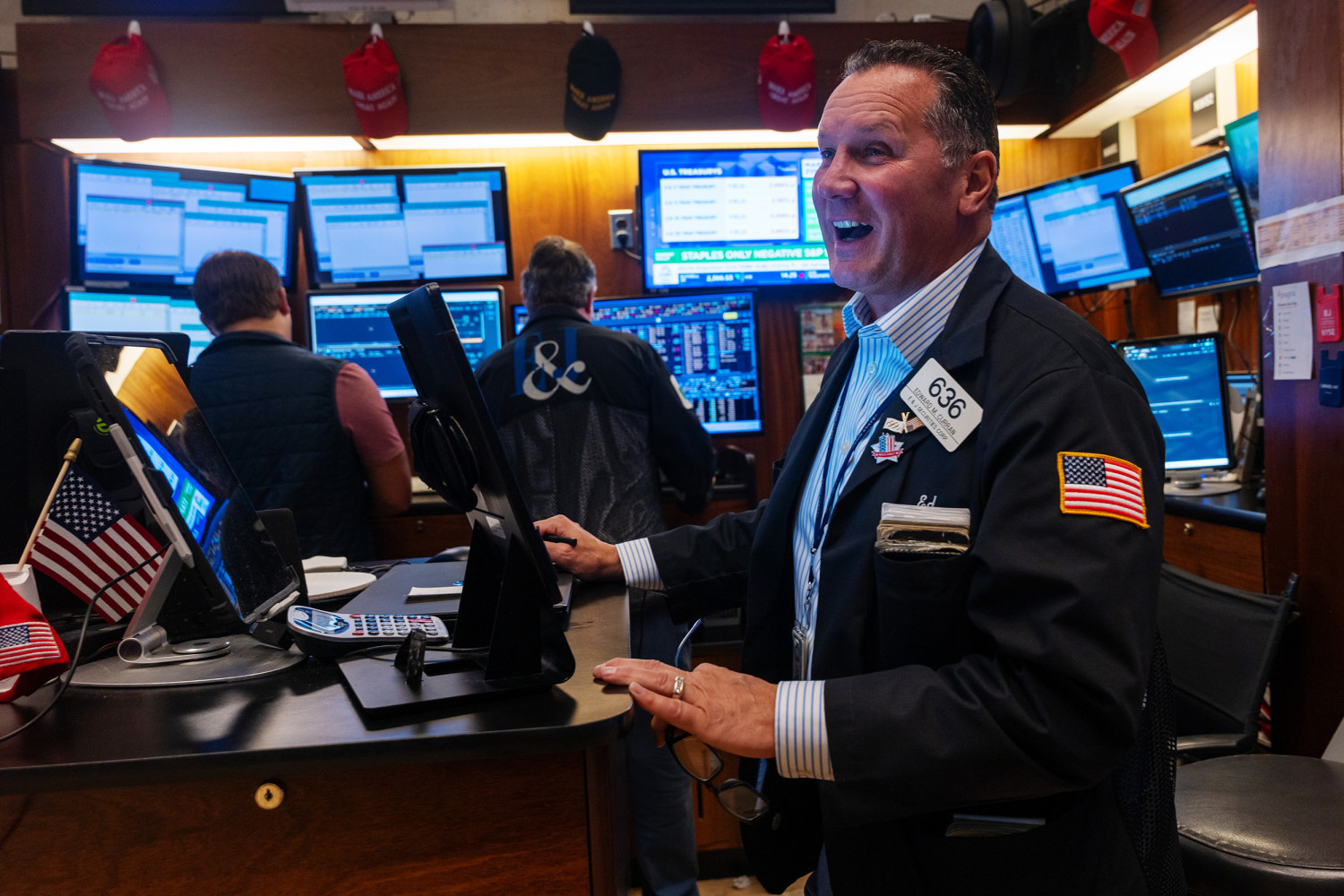Hyundai has announced that the reopening of one of its key manufacturing facilities will not proceed as initially planned, after authorities carried out a raid that has drawn significant attention within the automotive industry. The company, known as one of the largest global carmakers, is now navigating the consequences of the legal and operational hurdles arising from this intervention, which have inevitably delayed the timeline for resuming activities at the affected site.
El fallo se produce en un momento crucial para Hyundai, ya que la marca sigue consolidando su presencia en mercados internacionales al tiempo que amplía su gama de vehículos eléctricos e híbridos. El aplazamiento de la reapertura subraya la complejidad de gestionar operaciones a gran escala que están fuertemente entrelazadas con marcos regulatorios, dinámicas laborales y cadenas de suministro globales. Para Hyundai, esta situación excede una interrupción temporal en sus operaciones; resalta los desafíos de conservar la estabilidad mientras enfrenta el escrutinio de las autoridades.
Impact on production and transportation
Any delay in the reopening of a major plant has immediate repercussions for production schedules and supply chain commitments. For Hyundai, this means potential disruptions in delivering vehicles to dealers and customers, particularly in regions where demand has been steadily increasing. The automotive industry operates on carefully coordinated logistics, where even minor delays can ripple through multiple tiers of suppliers and distributors.
Hyundai’s decision to delay reopening is likely tied to ensuring compliance with the findings of the recent raid, but it also reflects the company’s strategy to prioritize long-term operational credibility over short-term gains. By postponing production until the issues are fully resolved, Hyundai aims to minimize the risk of further complications that could arise if operations were resumed prematurely.
La acción también destaca los puntos débiles en los sistemas de manufactura global, que dependen en gran medida del cumplimiento estricto de normativas legales y regulaciones. A medida que los fabricantes de automóviles enfrentan el reto de ofrecer innovación manteniendo la transparencia, incidentes como este resaltan la importancia fundamental de la gestión de riesgos y el cumplimiento en todas las etapas de producción.
Regulatory scrutiny and corporate response
The car industry has been under observation by overseers for a significant period, especially as issues related to labor practices, environmental impacts, and company governance gain attention in global dialogues. For Hyundai, checking the facility is not an isolated occurrence but an indication of a broader trend where officials are enhancing their examination to ensure accountability.
The official announcement from Hyundai emphasized its readiness to collaborate with regulatory agencies and its commitment to addressing any problems found during the investigation. This approach aligns with the company’s broader effort to present itself as a responsible business entity, particularly as consumers and investors closely watch ethical and legal standards.
By postponing the reopening, Hyundai exhibits caution and responsibility. While this decision could result in short-term financial impacts, it shows a recognition that maintaining a strong brand reputation and following regulations are crucial for ongoing global market dominance.
Wider consequences for the automobile sector
Hyundai’s situation resonates across the automotive industry, where other manufacturers may view the raid and its aftermath as a reminder of the need for proactive compliance strategies. As governments around the world tighten regulations on labor standards, environmental sustainability, and corporate transparency, automakers face increasing pressure to adapt their practices.
Delays like this also shed light on the fragility of global supply chains, which are already under stress from external factors such as inflation, rising material costs, and geopolitical uncertainties. Automakers that rely heavily on just-in-time manufacturing models must carefully balance efficiency with resilience to avoid large-scale disruptions.
Hyundai’s postponed resumption illustrates how unexpected regulatory actions can impact not only single firms but also the wider industry network. Rivals, providers, and involved parties will probably monitor the scenario attentively, understanding that comparable issues may emerge in other locations.
Looking ahead
For Hyundai, the future steps will involve addressing the aftermath of the raid, ensuring all needed adjustments are implemented, and reestablishing confidence with the parties involved. While the delay could be seen as an obstacle, it also presents the firm with an opportunity to improve its compliance frameworks and highlight its commitment to ethical manufacturing.
In the extended period, how Hyundai addresses this situation might influence the brand’s image in international markets. Being open and taking initiative could boost its standing, while any errors could have enduring effects. Currently, the company is concentrating on managing the present difficulties and getting ready for a future where regulatory examination is projected to increase.
Hyundai’s experience illustrates the delicate balance that global automakers must strike between operational efficiency, regulatory adherence, and market expectations. While the reopening of the plant may be delayed, the lessons drawn from this episode will likely influence Hyundai’s strategic approach well beyond this singular event.





